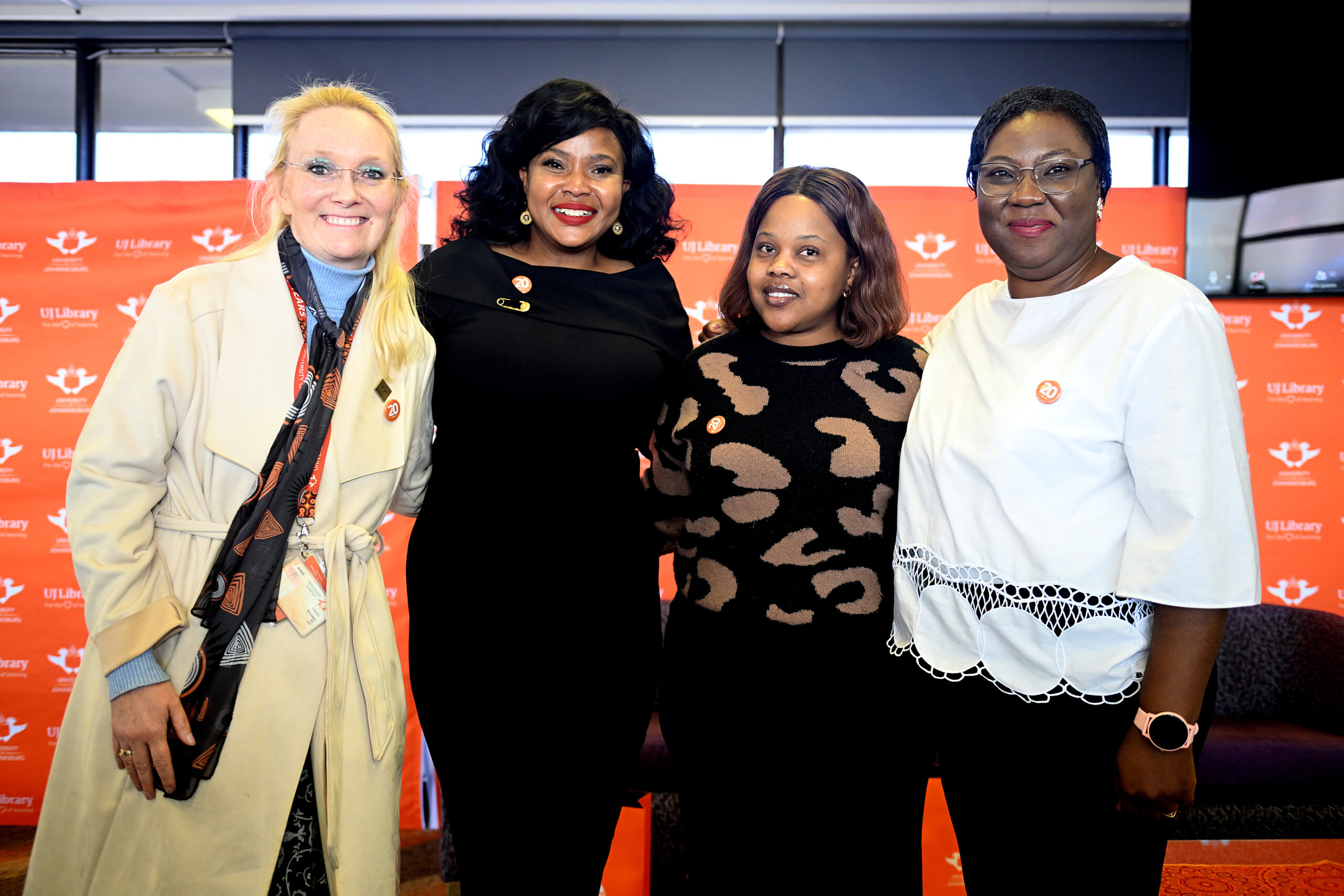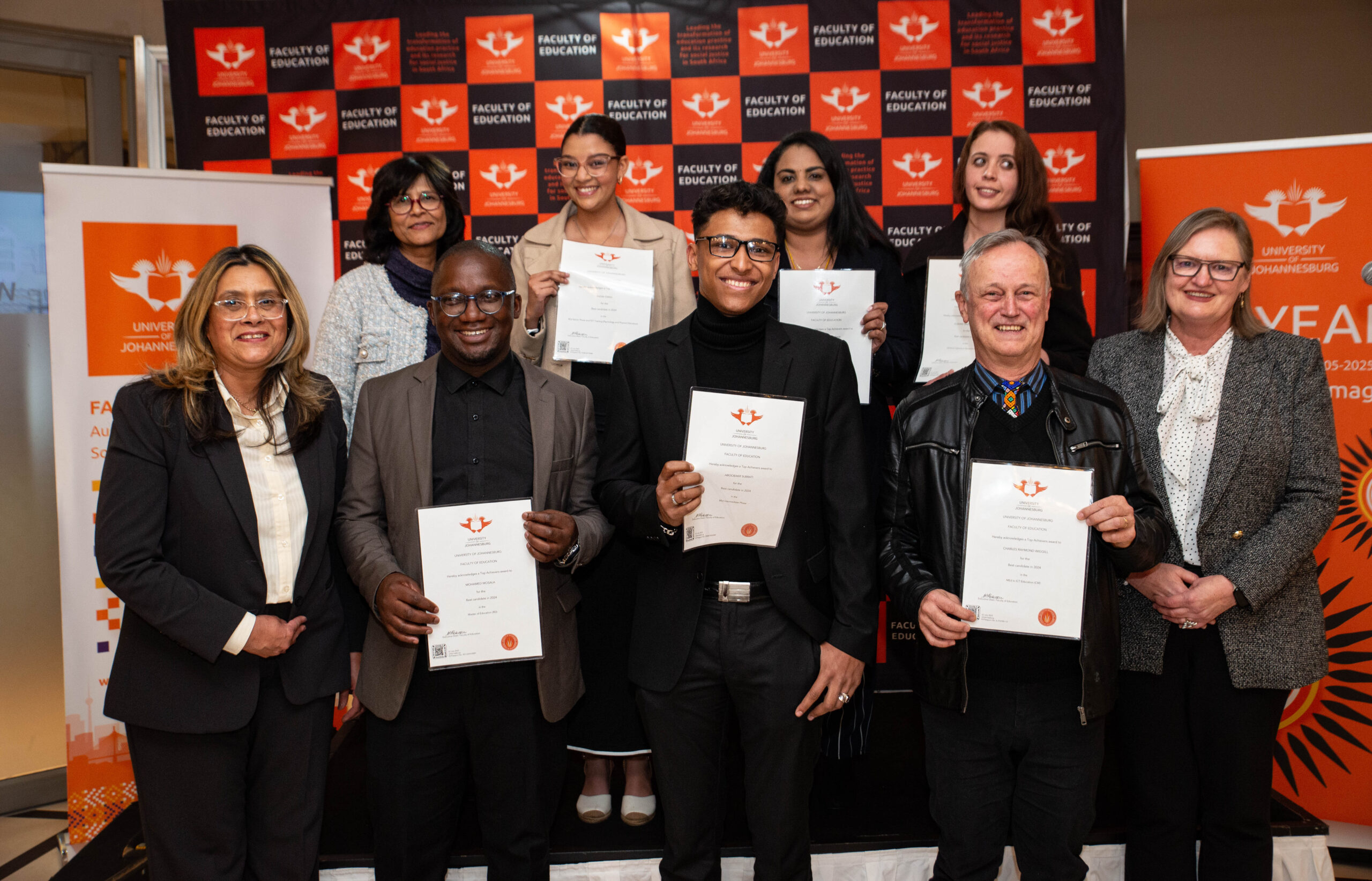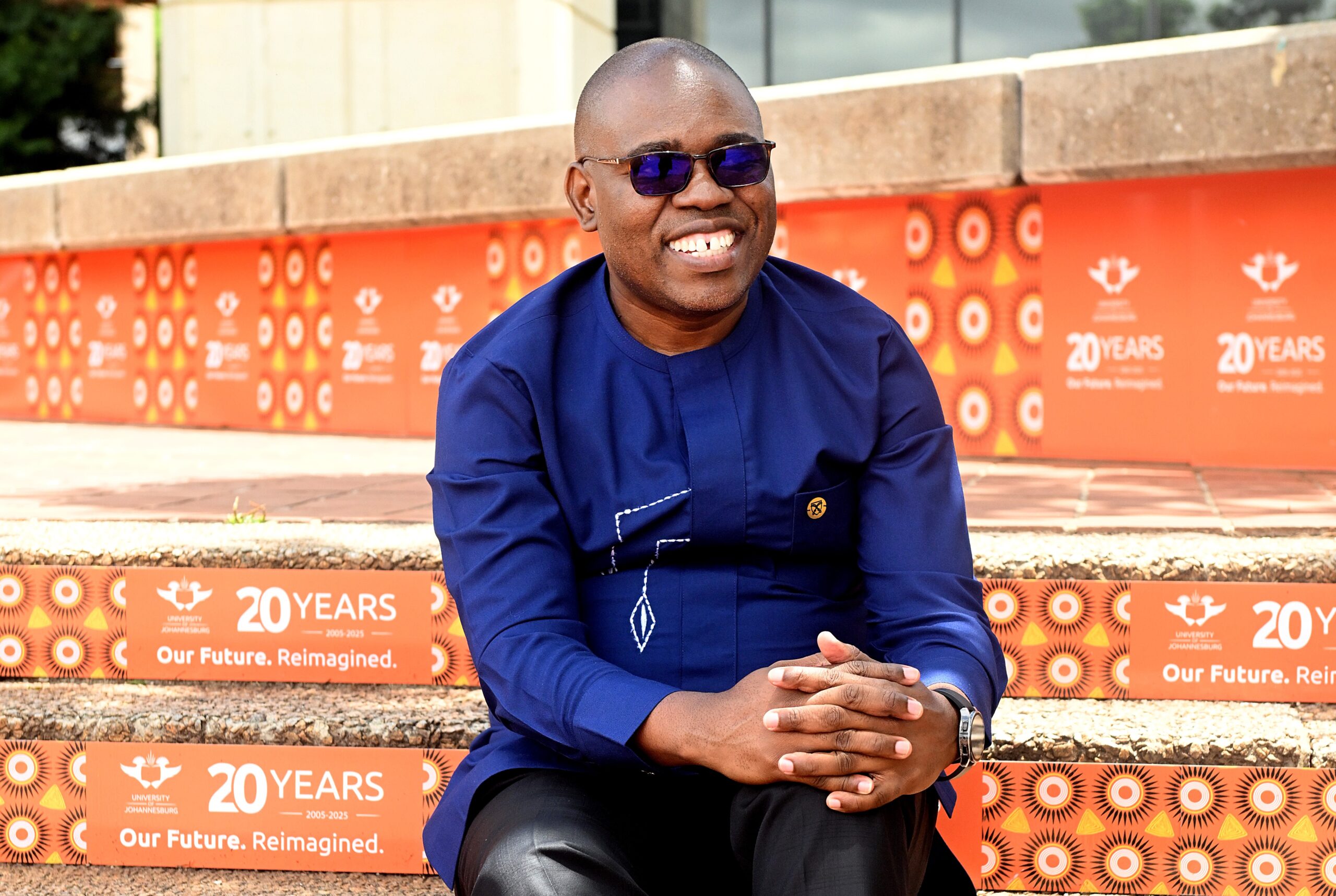Data is the new gold in the age of the fourth industrial revolution (4IR). It is the true invisible hand behind 4IR, a critical feedstock of macro-economic development and requires acceleration to drive rapid rate of knowledge generation. These were the sentiments of Dr Wesley Doorsamy, a Senior Lecturer: Department of Electrical Engineering Technology, who delivered a keynote address at the 63rd International Council on Education for Teaching (ICET) World Assembly 2019. Dr Doorsamy presented on behalf of Professor Tshilidzi Marwala, the Vice-Chancellor and Principal of the University of Johannesburg (UJ).
The conference, hosted by the Faculty of Education’s Department of Education and Curriculum Studies of the University of Johannesburg (UJ), commenced on Monday, 08 and will run until Thursday, 11 July 2019 at the Glenburn Lodge and Spa in Muldersdrift, Johannesburg.
ICET is an international non-governmental organization (NGO) that brings together teacher educators from various parts of the world. They share, and present best educational practices, and discuss innovation in teaching and research from a global perspective. The organisation seeks challenges and opportunities and see how they are dealt with differently across international borders and contexts. ICET is known for its networking, inclusivity, and the opportunities it affords educators to meet in different parts of the world each year allowing them to learn from one another and learn about education and teacher preparation from a global context.
Dr Doorsamy’s address scrutinised the opportunities, benefits and challenges posed by the fourth industrial revolution for the higher education sector, particularly in South Africa and the African continent. His address, entitled: “Adopt fast, adapt quick: Adaptive approaches in the South African context”, delved into the difference that 4IR will make in harnessing rapid development through renewed human resourcing.
Dr Doorsamy argued that the “staging” of 4IR can drive inclusive growth in the higher education sector and other work environments. He said that reskilling and upskilling of people will harness opportunities for emerging sectors and jobs not just for the low-skilled but high-skilled jobs too. Some of the advantages that Dr Doorsamy put forward were that 4IR enabled higher education institution transitions to many people, with UJ becoming a better example in practices for accessible curriculum and transformation.
Although 4IR presented an array of opportunities to many people and better opportunities for organisations, it also required people to be digitally savvy. He stated that possession of 4IR skills doesn’t necessarily equal meaningful use and impact. To solve this, new practices towards achieving a meaningful impact requires cultivating digital fluency and training especially at first-year student level.
He said that to empower people in education, there needs to be alternative education modes through short learning courses, diverse modules, and cost efficient courses that have widened content. He said that to achieve this, leaders in education and the African people must be “impatient in moving Africa forward”, quoting Akinwumi Ayodeji Adesina, President of the African Development Bank.
Other progressive approaches to drive 4IR as the driver and beneficiary of education in Africa included, he said, a shift towards African higher education harmonisation, a need to foster cooperation, a transformative culture to promote learning, inclusiveness of all classes of people, and for organisations to adopt a new vision to reassess the existing learning environments and nurture internationalisation as well as continuing community engagement.
However, Dr Doorsamy stated that “despite the popular views of positive benefits of 4IR, there was still a huge gap between human and computerised problem-solving skills. Although 4IR will be the driver and beneficiary of the South African higher education sector, there are challenges in broadening access to higher education for the poor, creating larger pools of unemployed graduates, and under diminished state funding for education, among other tests.
Prof Nazir Carrim from Wits University’s School of Education, who was the respondent to the keynote address, argued that people seem to assume that 4IR is distinct with the past. “It cannot only be about the sciences and technology. Where do we as educators place the other discourses in this revolution? 4IR is a gift that can be applied or used in various disciplines to enhance a better quality of life for everyone,” said Prof Carrim. He summed this in four assumptions: inevitability, STEM matter, instrumentalism, and benevolence.
Prof Carrim said that there were key problems that the higher education sector needed to resolve when integrating 4IR in teaching and learning. Some of the key problems emanating from 4IR were that inequalities persist and polarisations increase globally. He asked; “Where are we on the Blooms taxonomy? (Psychogenesis and sociogenesis – comprehension, understanding, applying, analysing, evaluating and creating skills). Where are we in terms of the WEF’s skills sets? (i.e: complex problem solving, critical thinking, creativity, people’s management, coordinating with others, emotional intelligence, judgement and decision-making, service orientation, negotiation and cognitive flexibility).
Prof Carrim argued that there will be continued problems in education and people if people were not at the centre of 4IR benefits. “As educators, people mattered to us. Where are the people in all these discussions of the new revolution? Emotional intelligence in humans is critical – better than what machines can do for us. Now for instance, in South Africa almost 80% of our learners cannot read for comprehension. How will 4IR improve this?” he asked, concluding that educators had the responsibility to help define how 4IR can aid human emotional intelligence, among other concerns in relying on technology usage.
The conference keynote addresses for Wednesday and Thursday will look at “technology flight in the fourth industrial revolution coup humbles teaching again!” by Prof Winston J. Akala from the University of Nairobi, and “Education and teach education for a rapidly changing world and uncertain future” by UJ’s Executive Dean of the Faculty of Education, Prof Sarah Gravett.




